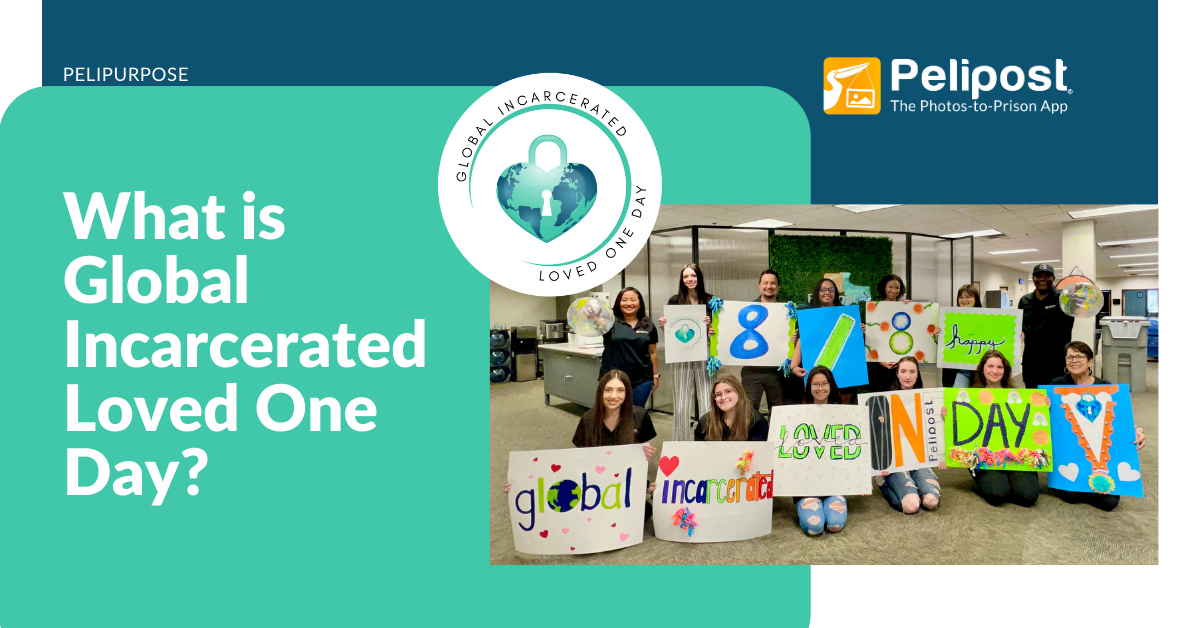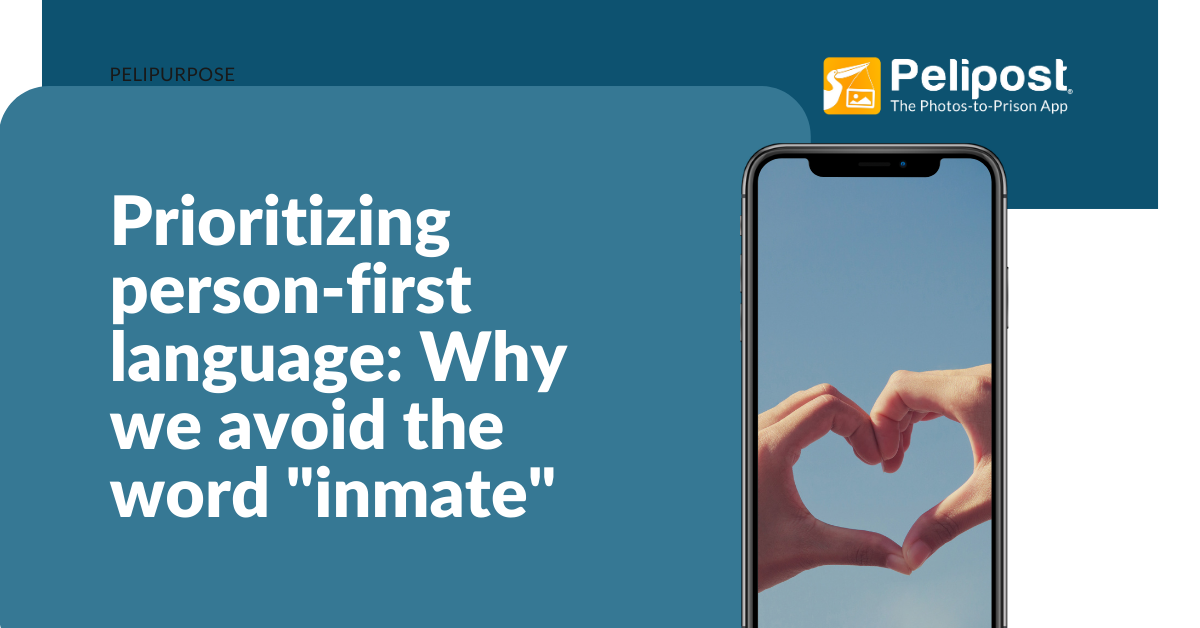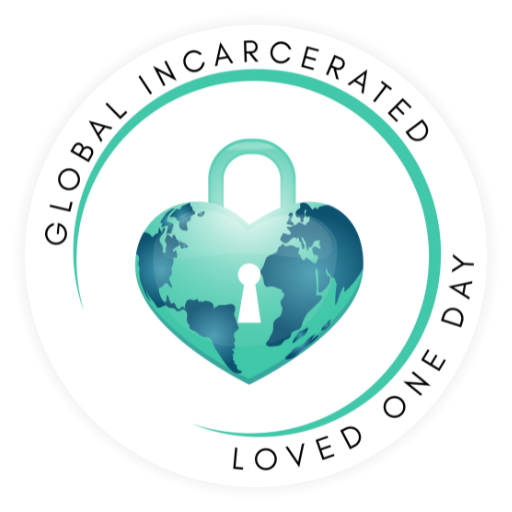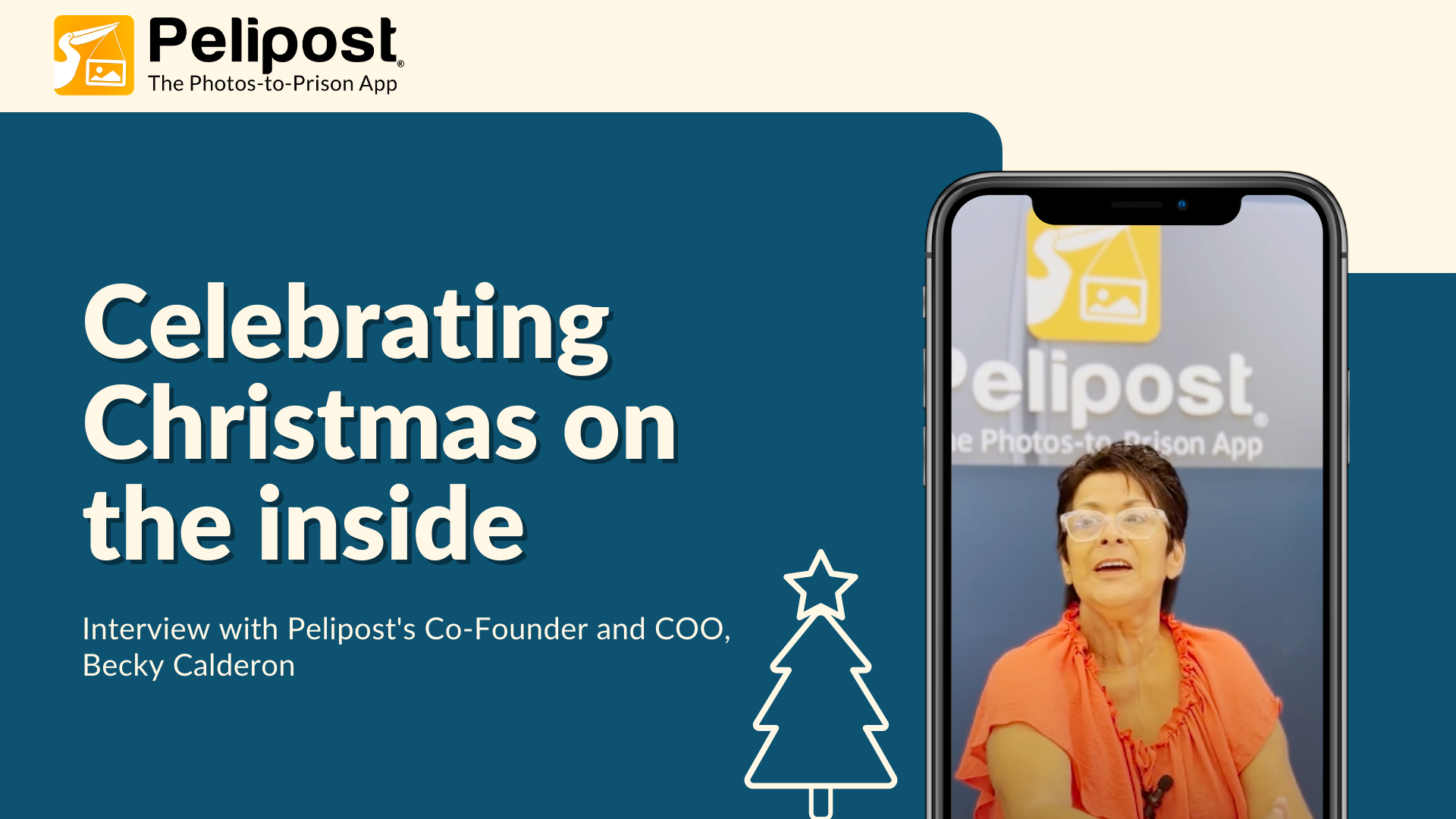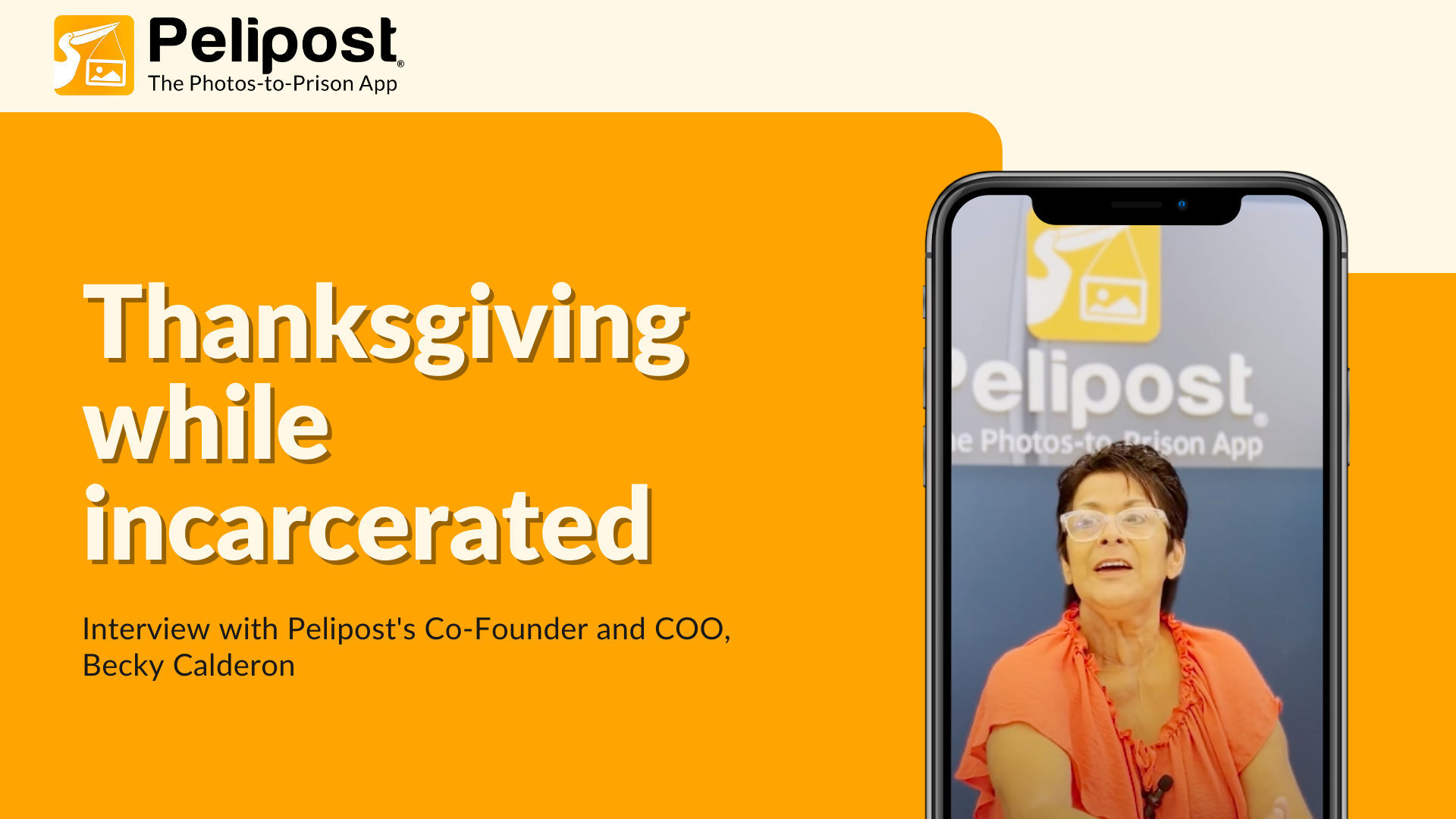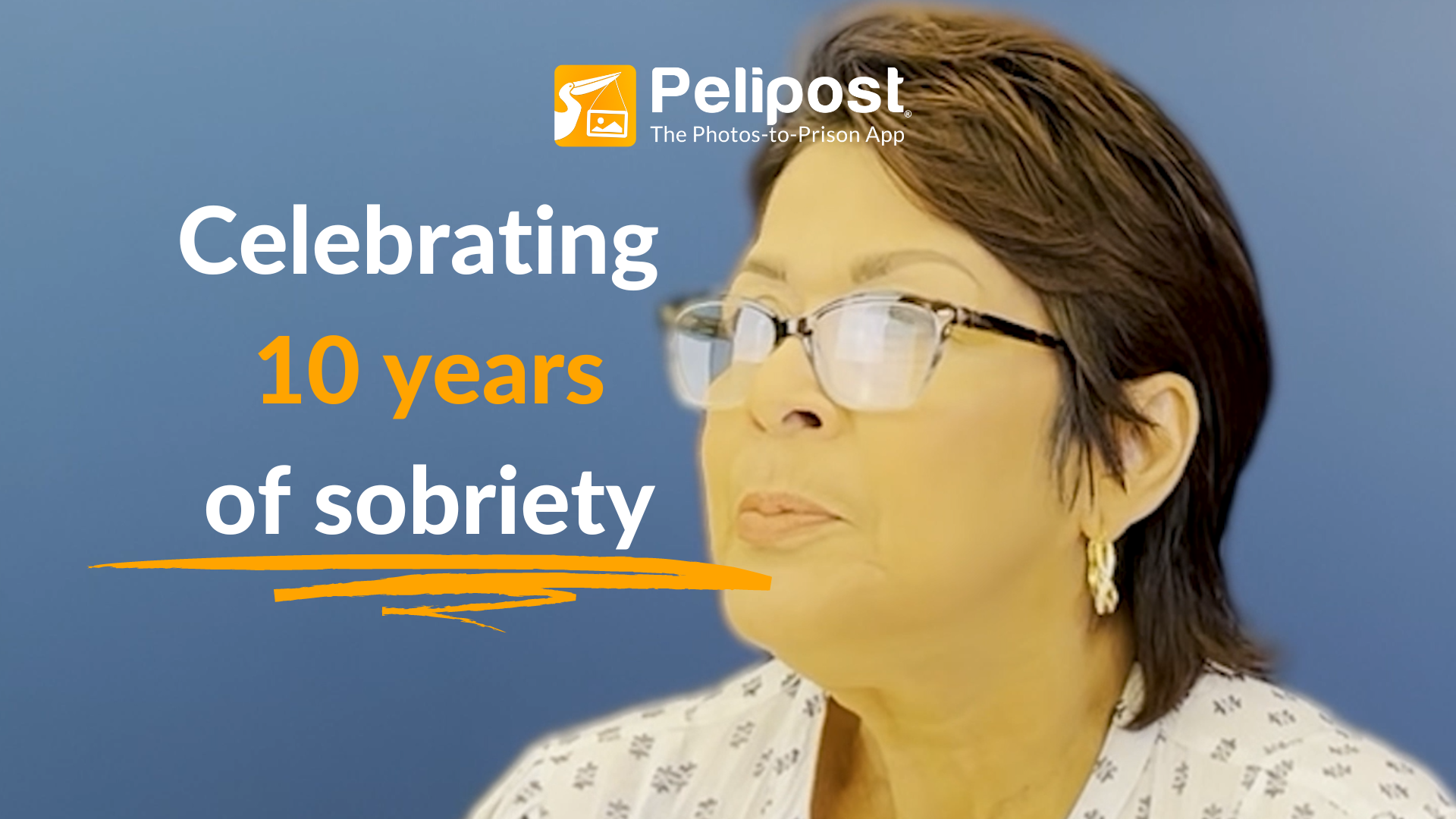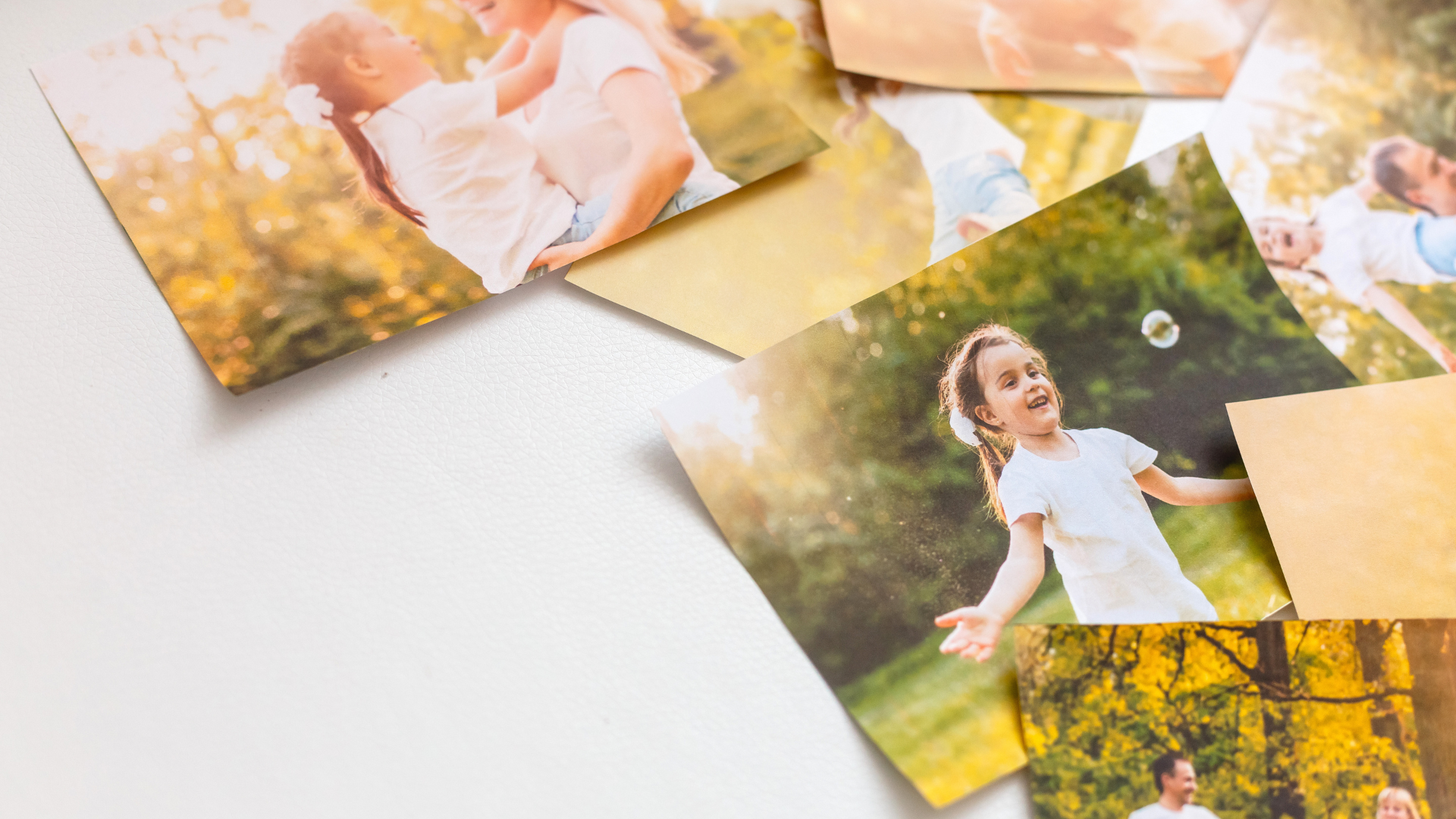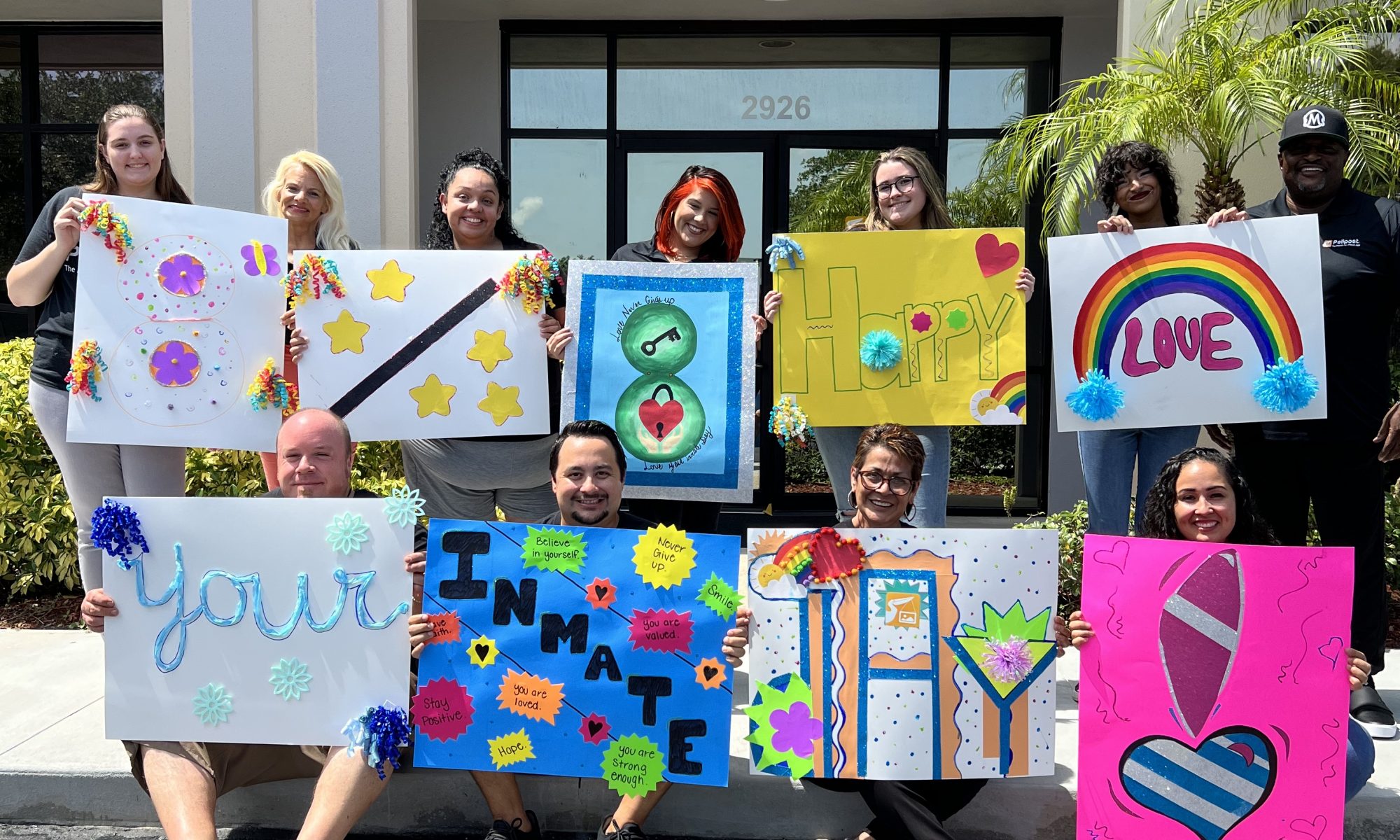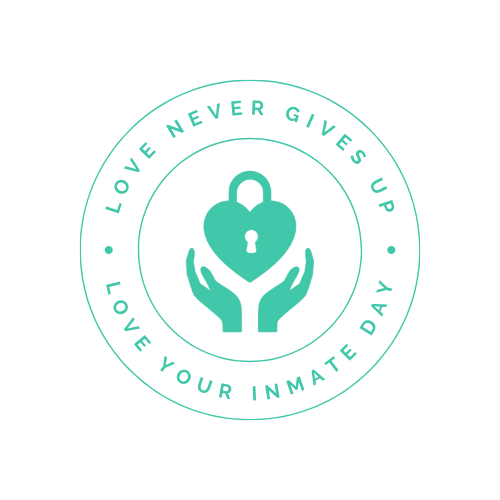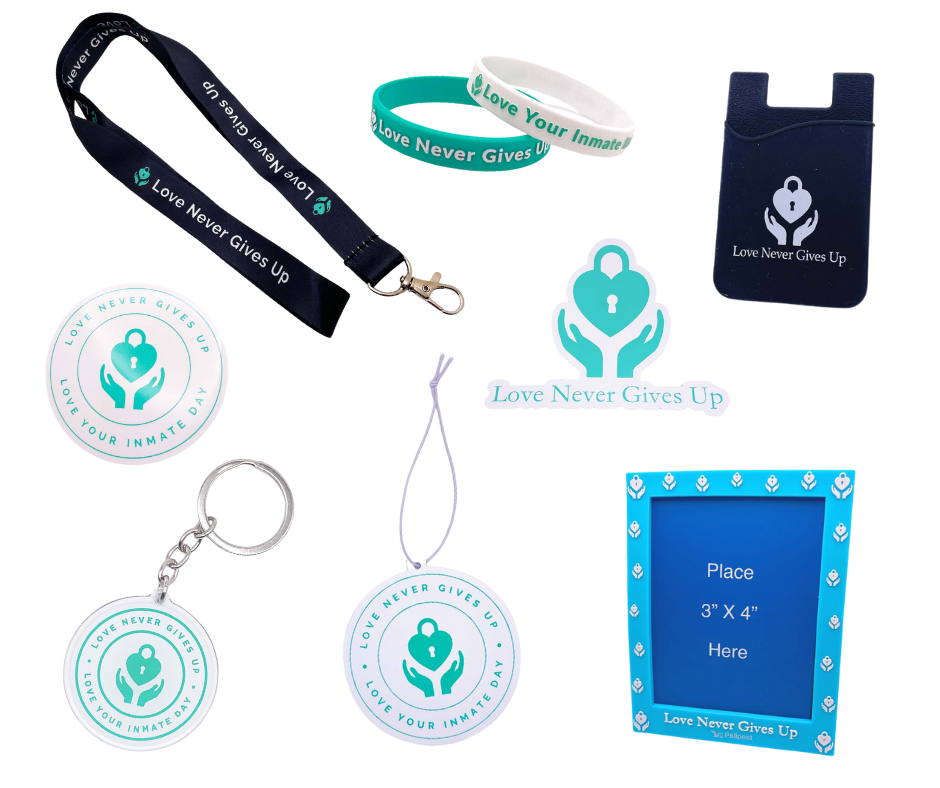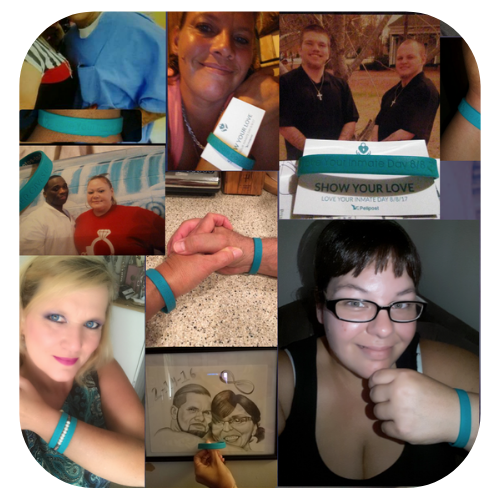What if there was a holiday just for those experiencing family incarceration? Each year on August 8th, we dedicate a day to our incarcerated loved ones to show them that they are still loved and supported, even while behind bars. But what exactly is Global Incarcerated Loved One Day, and why was it started? Keep reading for the story behind the day and how you can take part this year.
The Backstory
Back in 2017, the Pelipost team was noticing unique holidays popping up left and right. Between seeing “National Friendship Day,” “National Boyfriend Day,” and even “National Dog Day,” an idea came to them. Why not create a holiday for the community of people affected by incarceration?
“We wanted to dedicate a day to come together and spread positivity and love among this community,” said Natalie Calderon, Chief Marketing Officer of Pelipost. “Some incarcerated loved ones have longer sentences than others. We wanted to show them that they are not alone no matter the circumstance.”
The Pelipost team came up with “Love Your Inmate Day,” to be celebrated each year on August 8th.
A More Inclusive Name
In 2023, our team made the decision to change the name of our annual Love Your Inmate Day celebration to Global Incarcerated Loved One Day. We want to continue our efforts to prioritize person-first language in everything we do while including our global Pelipost Fam all around the world. Using person-first language is a powerful tool for promoting empathy, reducing stigma, and creating a more inclusive society. By choosing our words carefully, we can help to build a more supportive community.
Global Incarcerated Loved One Day is still celebrated annually on August 8th.
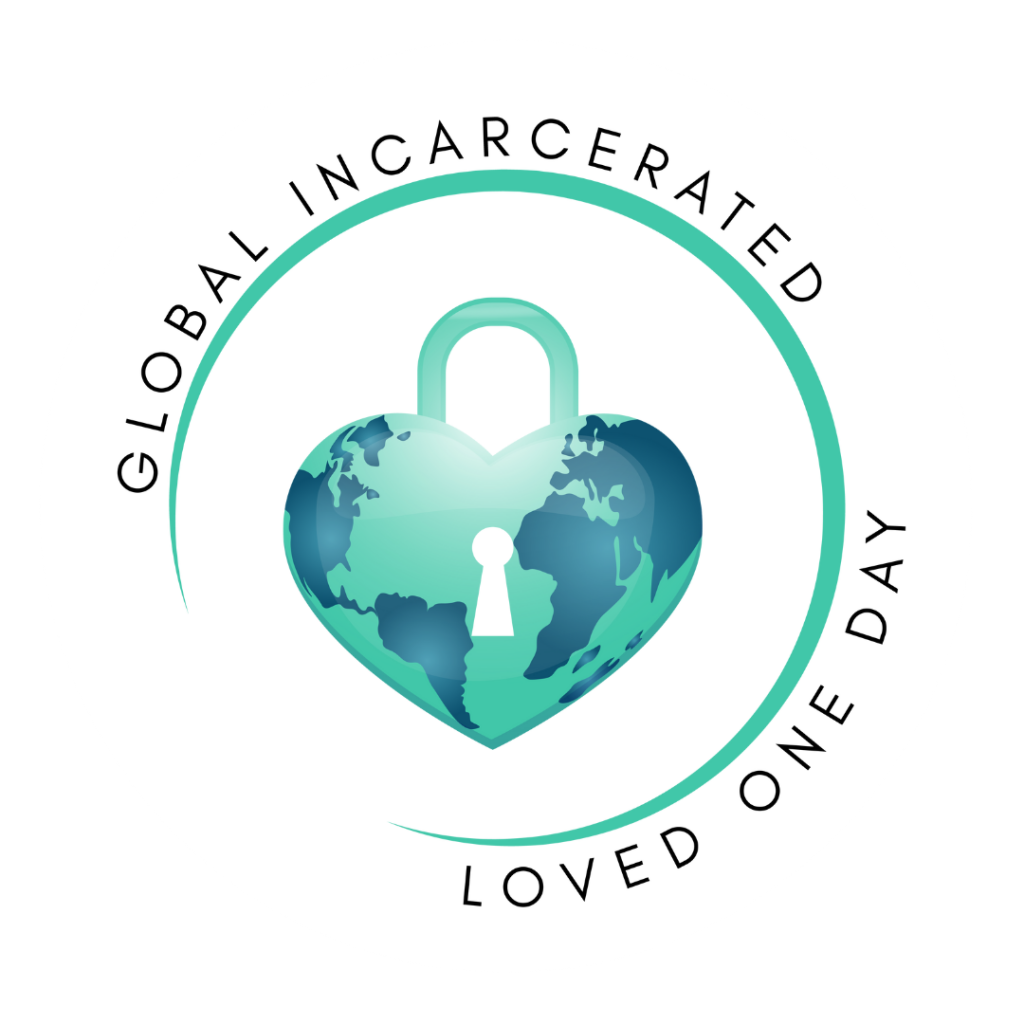
The Meaning of Global Incarcerated Loved One Day
The intentions of Global Incarcerated Loved One Day (GILO Day) are not only to show your incarcerated loved one that you care, but also to get in touch with other friends and families affected by incarceration. The significance of this day is to show that no one is alone in this journey, whether behind bars or on the outside.
“This is important because there’s a stigma surrounding this community and people don’t talk about it,” says Calderon. “To break through that wall and recognize that everyone makes mistakes and that it’s okay. It means a lot to say, ‘We can relate and we’re here for you.’”
How You Can Celebrate
How can you take part in Global Incarcerated Loved One Day? There are multiple ways to get involved with the celebration in 2023. These include:
Custom Photo Calendars
Celebrate GILO Day in a truly special way with our custom photo calendars. Customize your calendar with your own photos, and honor the bond with your incarcerated loved one throughout the year. Order your custom calendar today at the GILO Day shop!
Show Your Support With Swag
Introducing our brand new Global Incarcerated Loved One Day merchandise collection! Show your solidarity and make a positive impact by getting your hands on our exclusive PopSockets, calendars, stickers, lanyards, and more!
But it gets even better! With each purchase from our Global Incarcerated Loved One Day collection, a portion of the proceeds goes directly towards Pelipost’s Student of the Month Program and Pelipost’s Overcoming Adversity Scholarship. By rocking our merch, you’re not only making a fashion statement but also empowering children with incarcerated parents to thrive and succeed.
Send Your Loved One a Dedication
Create a dedication to your incarcerated loved one on the GILOD Facebook page or Instagram page. All you have to do is send us a photo and a message about your loved one to love@pelipost.com. We will be sharing the dedications on our social media all day from August 1st – 8th. Or, share a selfie of you and your GILO Day bracelet or other swag and we’ll share it!
Global Incarcerated Loved One Day Giveaway
Take part in the GILO Day Giveaway and win an incredible prize package!
Three (3) lucky winners will receive:
🔹 One (1) $50 Visa Gift Card
🔹 One (1) GILO Day Bundle (includes PopSocket, bracelet, lanyard, 2023 calendar, sticker, greeting card)
🔹 One (1) FREE photo order (up to 20 4×6 photos)
Here’s how it works ⬇️
•Step 1️: Create original artwork that says ‘8/8 GILO DAY.’ For example: write it in chalk on the sidewalk, create a poster, color it on a piece of paper, etc. Get as creative as you want! 🎨
•Step 2️: Take a picture of your artwork 📸
•Step 3️: Email your picture to LOVE@pelipost.com 📨
All entries must be submitted by Saturday, August 5th, 2023 at 11:59pm PST. Winners will be announced on Global Incarcerated Loved One Day on August 8, 2023 and will be notified via email. 🤍
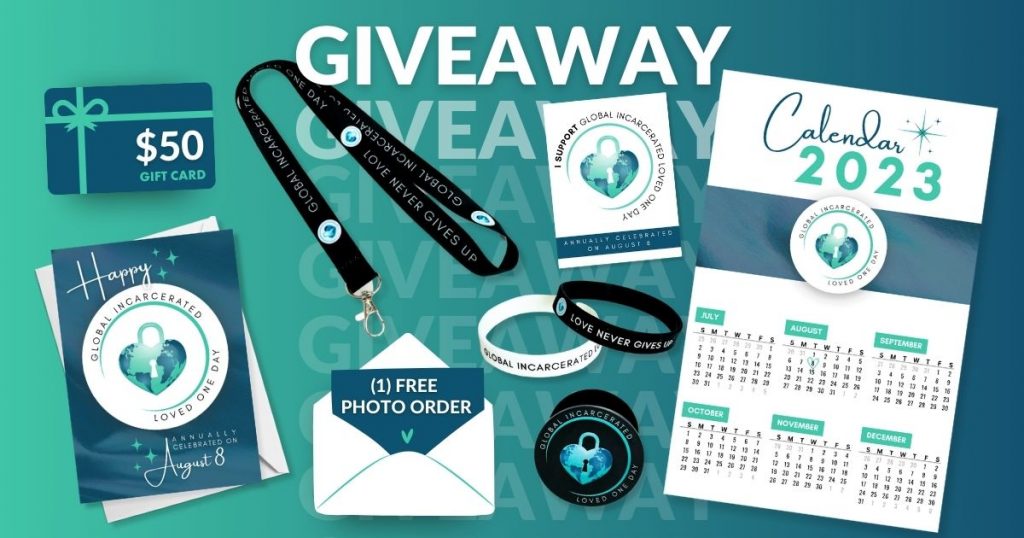
Don’t forget to send your incarcerated loved ones photos in honor of GILO Day! You can download the Pelipost app through the Apple App Store or Google Play Store.


